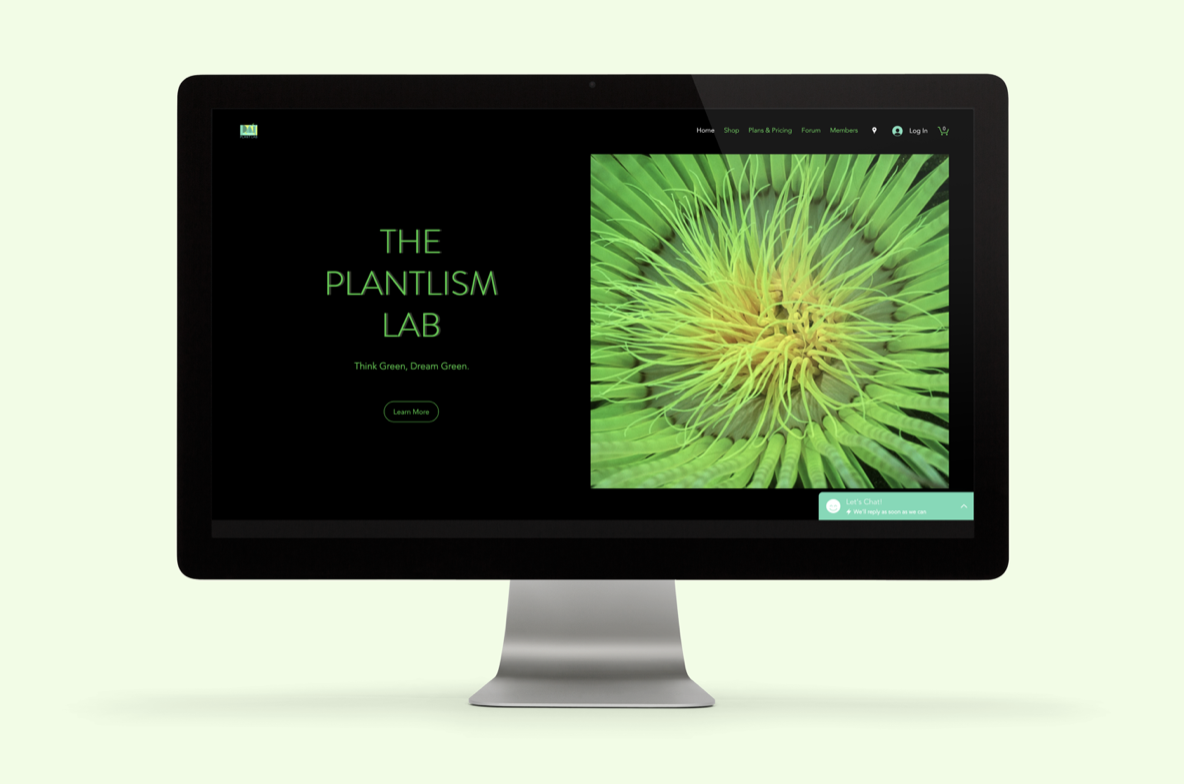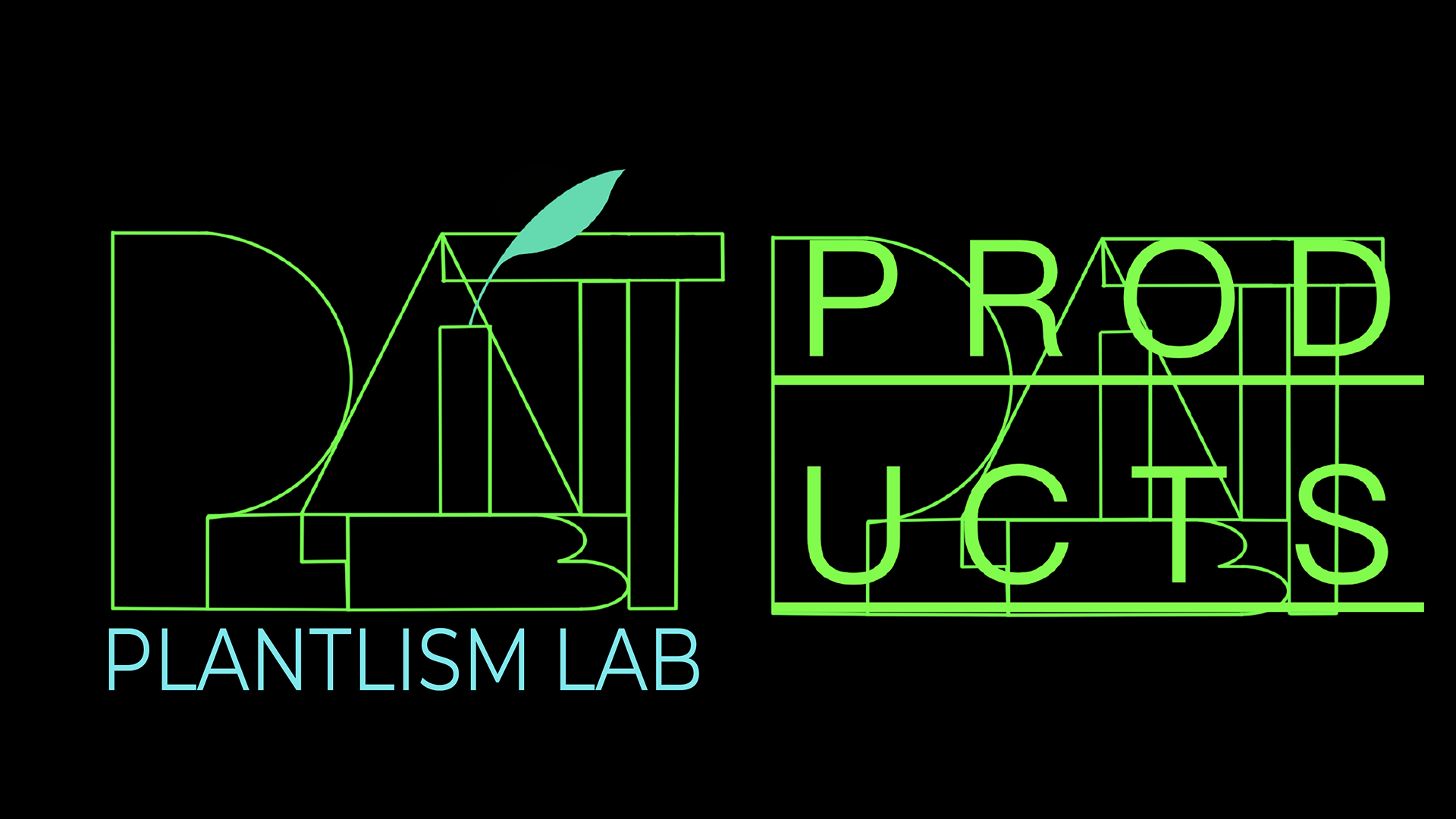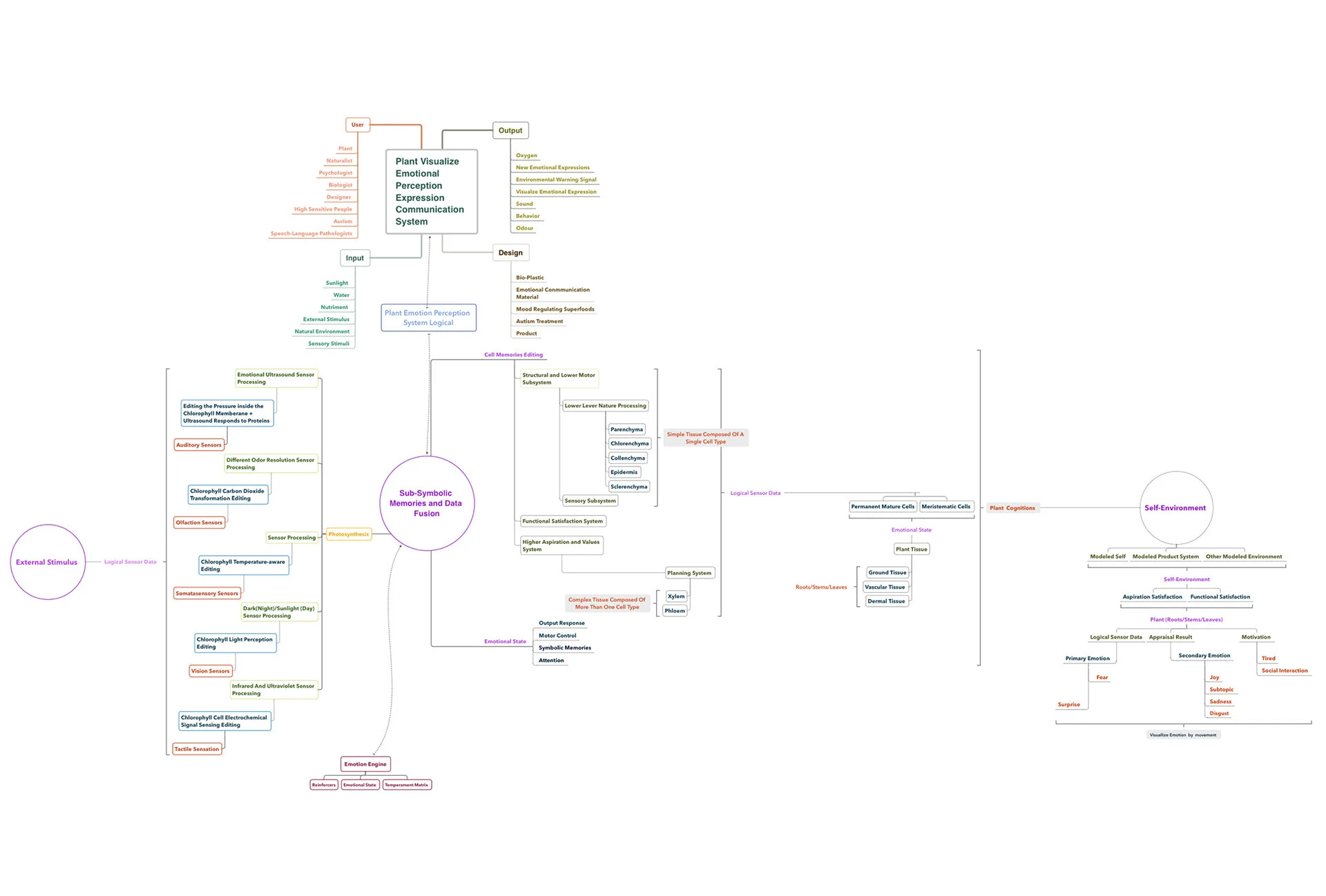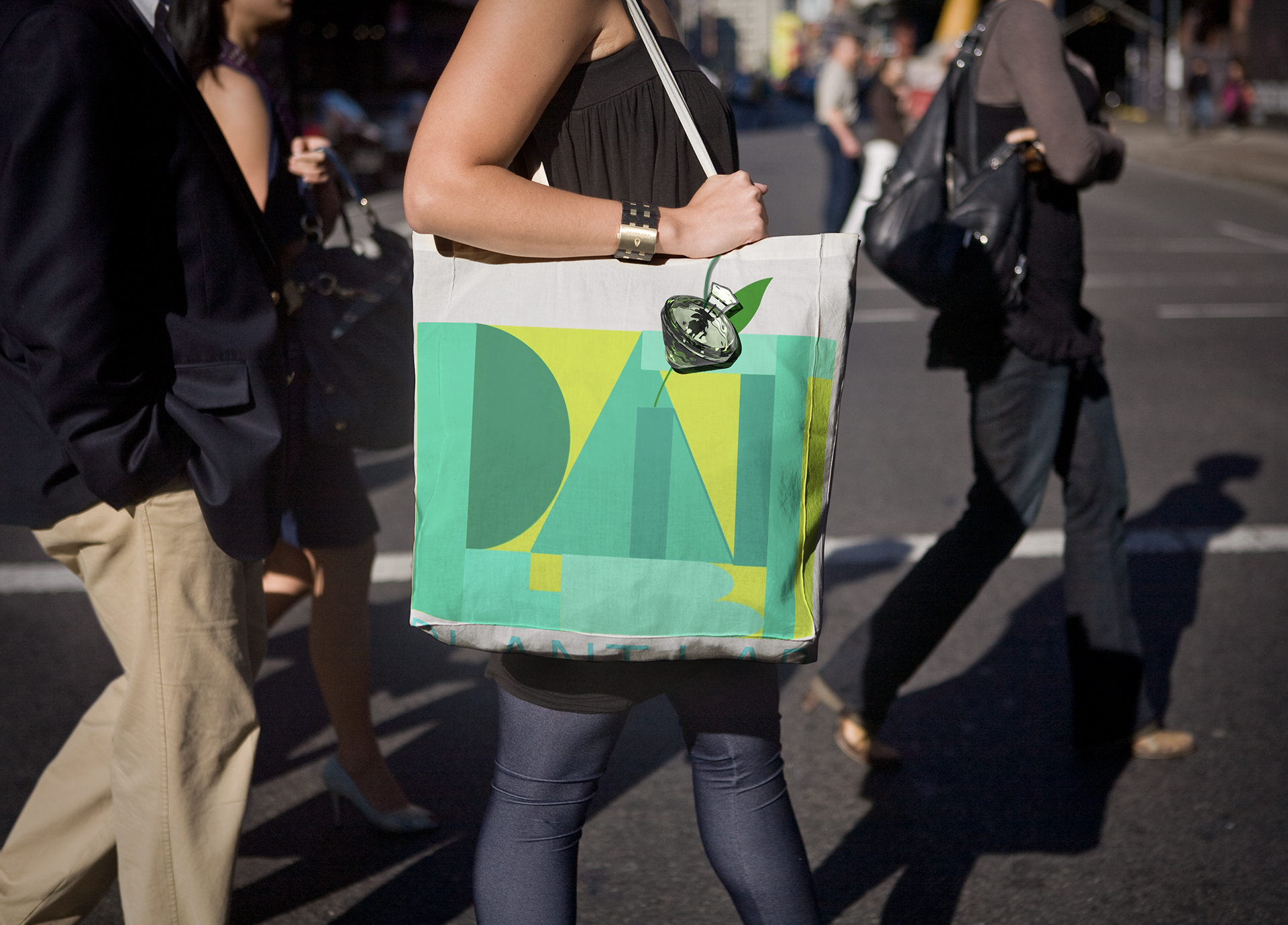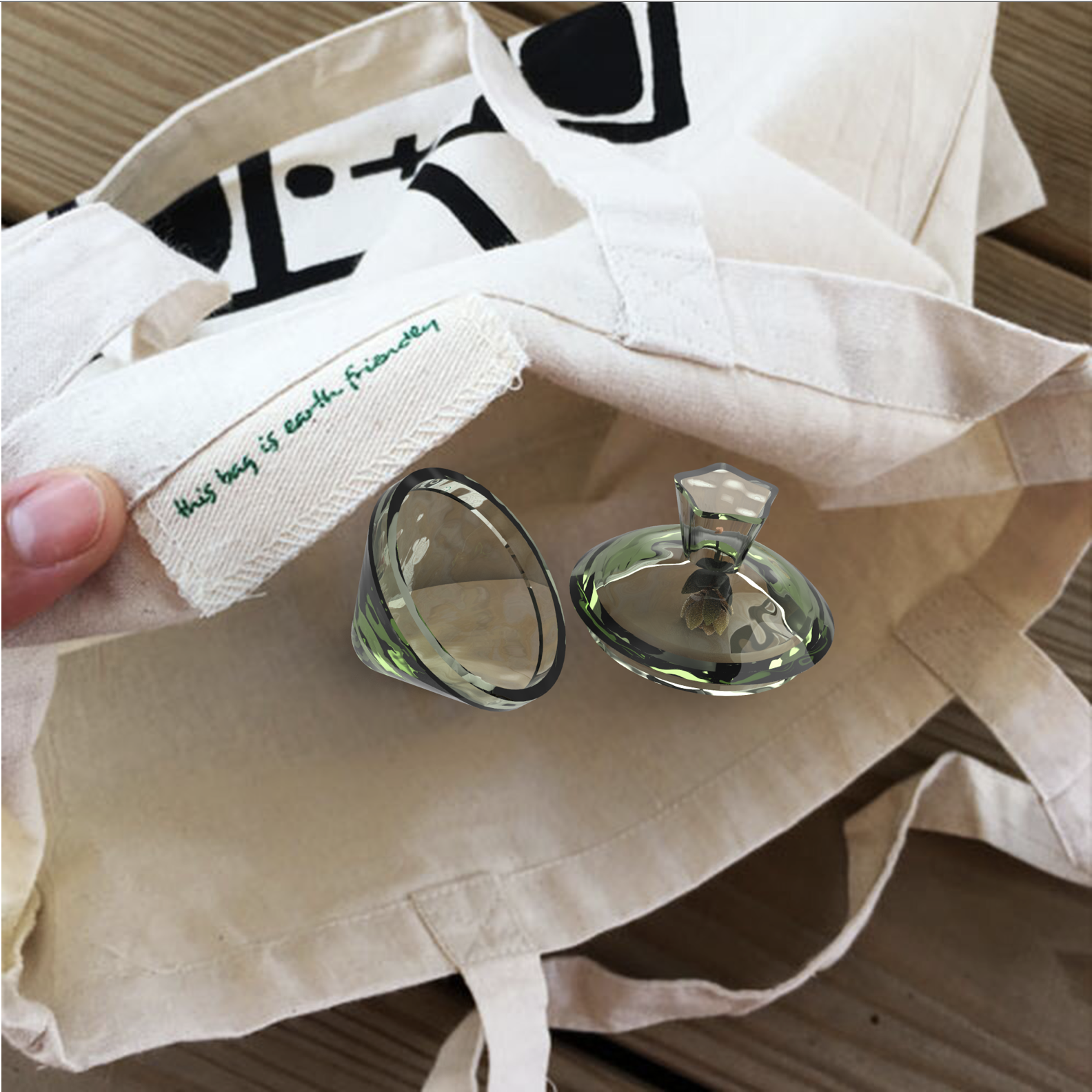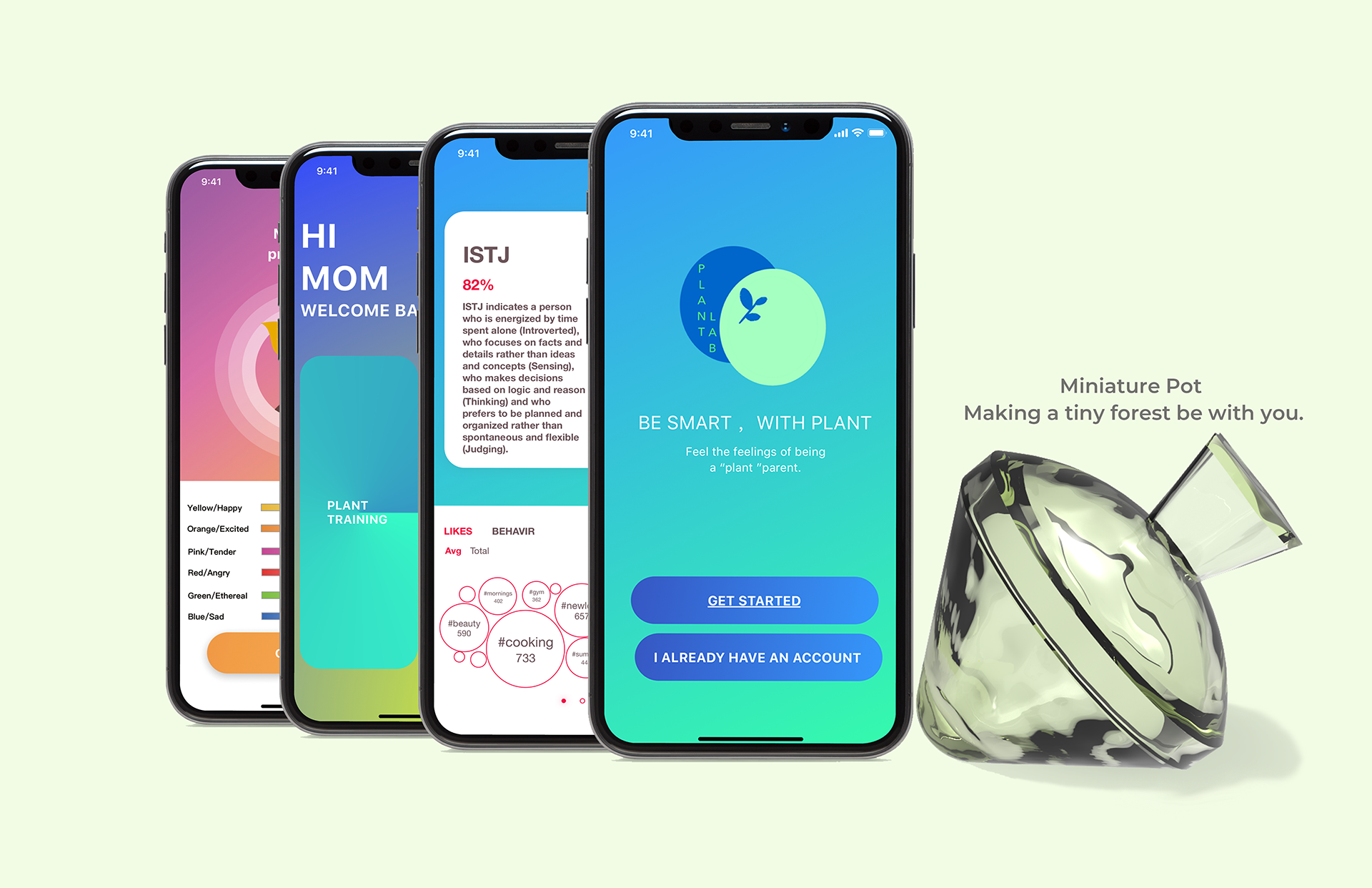Plant Blindness: Communicating with Plants Through the BioSense
In their daily lives, many people tend to invest time, energy, and attention towards caring for animals, yet overlook the emotional importance of plants. Although plants provide raw materials for food, clothing, shelter, and medicine, people often do not lavish the same affection that they do on animals. As a recent example, in 2019, when forest fires tore through Australia, and rainforest fires engulfed the Brazilian Amazon, many people were more concerned with how many animals were dying, rather than considering the destruction of plants. If people continue to overlook the crucial role that plants play in their lives and in their societies, many plants will go extinct—and humans, unable to obtain the species that they need, will eventually pay a terrible price. To counteract this, Yue Leng’s thesis aims to help urban millennial dwellers connect to nature before it’s too late. By exploring how design can help people to recognize and understand plant blindness in their daily lives, Yue proposes new biological pathways of communication between humans and nature.
Yue views plants as conscious and emotional. What excites her most about her thesis project is that if her design is successful, she will have transformed plant-human biological relationships. The challenge Yue encountered was how to utilize users’ instinctual awareness and daily habits to design a solution without adding new usage rules. She wanted the product to change users’ behavior patterns. How might she balance the restrictions during the design process? How could she make Plantlism more popular?
The Plantlism Lab
In 2060, the global ecological balance has become severely damaged. Plants have developed consciousness and senses similar to humans—and they’ve begun to fight back against them. People desperately want to understand plants to establish a friendly ecological relationship. The Plantlism Lab has created the Plant Visualize Emotional Perception Expression Communication System for people and plants to communicate. People can use the app, which is named Be Smart, With Plant, to simulate the method of teaching a child to cultivate their plant child.
P V E P E C. System (Plant Visualize Emotional Perception Expression Communication System)
The Plant Visualization Emotion Perception Expression Communication System is a new system for establishing visual communication between plants and humans. Humans are only a small part of nature. Humans cannot communicate intuitively with plants, but that doesn’t mean that plants do not have an insight into human psychology. Yue hopes that this new system will visually convey the emotional expression of plants to humans.
Miniature Pot
Miniature Pot is for urban dwellers between the ages of 20 and 35 in the year of 2060, to give them a new way to take care of their plants. Users do not have to worry about insufficiently caring for—or even habitually neglecting—plants because the plants will continuously be at their users’ sides, ready to be transported everywhere. Users can carry plants wherever to reduce other unnecessary expenses, such as spending money going to parks and botanical gardens or traveling caused by wanting to be close to nature.
The Miniature Pot is a portable smart pot that can detect changes in a plant’s mood. This flower pot is small and light, allowing users to put it in their backpack or hang it on their bag. They can take their plants wherever they want. This meets the inherent needs of human beings who want to be close to nature every day. The pot’s second function is to detect the emotional changes in plants. For example, plants have the vision (change color), hearing (understand the environmental sounds of the real world), touch (shake the body), and smell (change their scent). The plant uses four senses to show its current mood. This flower pot converts all the emotional changes of the plant into data and sends it to the app, which provides the user with weekly plant growth reports plus a database for the plant’s personality.
Be Smart, With Plant
Be Smart, With Plant is a speculative design app that trains plant emotions. Before using this app, the plant had behaviors similar to humans that showed emotions. But these behaviors are like a newly born child. The plant has preferences and personality set at the factory. When the user opens the app for the first time, the user will see a preference and personality report of the plants’ factory settings rely on the user did personality test, and they want to plants have the plants’ preference and personality before. Users will know what they have done or what activities they take the plant to affect the plants’ personality growth. When the plant is growing, the user can control the miniature pot through the app to emit radio waves of different frequencies and control the color and brightness of the light received by the miniature pot to affect the growth of the plant.
The purpose is to help users more easily understand the current emotional state of the plant, and the personality of the training plant will continue to grow as the user likes. The app is for future young urban dwellers who want to be prospective parents but feel that they don’t have enough capacity to shoulder this responsibility. Urban millennial dwellers want to be parents and reduce loneliness but do not want to spend too much time and money and social responsibility to raise a real child. Plants are a substitute for real children. The behavior of users planting plants and training plant personalities is to simulate raising children and satisfying their social responsibility and family feelings. Be Smart, With Plant app, intends to help users become better plant parents. This doesn’t just help users better understand and take care of plants to create a new ecological relationship. It also satisfies urban residents in simulating parental feelings in advance, reducing the stress and loneliness of urban residents.
Double Flower Nightclub
Double Flower Nightclub is a nightclub full of plants that give users a new understanding of plants using elements of play, music, and movement. When you enter the nightclub, all the plants will move according to your location. When you dance, the plant will follow you to swing their own plants’ body. It’s like many people dancing with you. This nightclub belongs to the plantlism lab which aims to provide a complete set of services. The purpose of this service system is to help users treat plant blindness. The lab not only sells products, but it also wants to build a plant community. In this ecological community, all questions can be answered, people can share knowledge and feelings about plants, and we observe the world with plants.
To learn more about Yue Leng’s work, please contact her at yleng@sva.edu.













